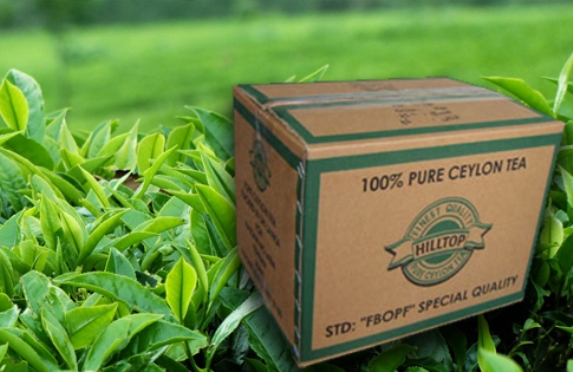Sri Lanka tea exporter cashflows hit by payment delays from coronavirus pandemic
By Tania Madies
COLOMBO – Finances of Sri Lanka’s tea exporters have been hit by delayed payments from international buyers due to a coronavirus pandemic, an industry official said.
“The tea export sector has been experiencing severe cash flow difficulties due to delays in receiving remittances from overseas buyers, as a result of the worldwide economic upheaval created by the COVID-19 pandemic, “Jayantha Karunaratna, re-elected president of the Colombo Tea Traders Association said at the grouping’s 126th Annual General Meeting.
“Payments relating to all shipment expenses have to be met by exporters in advance.”
Sri Lanka’s tea exporters buy bulk tea from plantations companies and bought leaf factories, blend it to the requirement of foreign buyers and ship the blended tea.
Exporters usually give credit to buyers, which industry analysts have said is a key reason for high prices of Ceylon Teas. Low growns attract the highest price giving good returns to farmers.
The exporters have been giving good prices to farmers, despite export levies, especially on bulk teas, which, ultimately tends to reduce the incomes of farmers and tends to benefit domestically located branded tea sellers.
Sri Lanka temporarily suspended collection of the Promotion and Marketing Levy in July 2020.
Karunaratna told the Minister of Plantations, Ramesh Pathirana, that the move was appreciated by the industry.
Karunaratna said the accumulated fund should either be invested in promotional campaigns conducted in markets harbouring the highest growth potential or allocated to establish brand owners to conduct their campaigns independently.
“The Trade is encouraged that it has now been decided to reduce the levy to Rs 3.00 per kilogram, of which Rs 1.50 will accrue to the Promotional and Marketing Fund, while the balance will be granted to producers to enhance replanting,” he said.
Sri Lanka tea output in 2020 had been hit by a combination of drought, excessive rain and a ban on glyphosate, a weed killer.
-economynext.com


